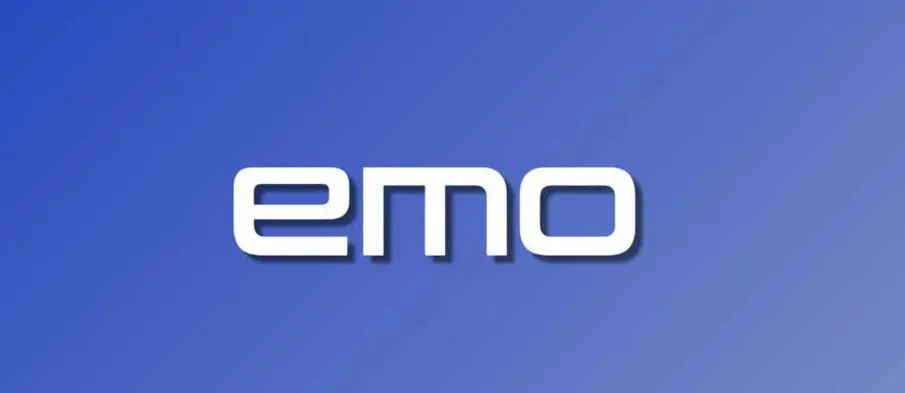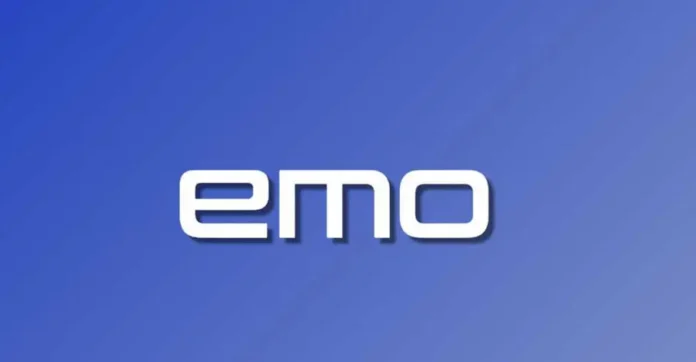
As India’s quick commerce sector rapidly expands, Bengaluru-based startup EMO Energy is emerging as a critical technology partner, helping companies overcome one of the biggest barriers to electric vehicle (EV) adoption—battery performance. By deploying artificial intelligence to improve energy efficiency, EMO is working with major players like Blinkit, Zepto, and bigbasket to make EV fleets run smarter, longer, and more reliably.
“Energy is the only input cost that can be systematically optimised over time,” says Sheetanshu Tyagi, CEO of EMO Energy, whose company has developed an AI-powered Battery Management System (BMS) tailored to the demands of high-usage delivery vehicles.
To improve battery efficiency and longevity, EMO uses LSTM (Long Short-Term Memory) models to forecast energy needs and Convolutional Neural Networks (CNNs) to monitor heat levels in battery packs. This advanced analytics approach has enabled a battery life extension of up to 30%, by offering precise real-time insights into key metrics like voltage, temperature, and current. By mapping internal resistance, the system identifies energy losses, allowing operators to fine-tune performance across both Tier 1 and Tier 2 markets.
The impact on fleet productivity is tangible. EMO’s intelligent ecosystem has doubled average rider productivity to 140–160 km per day, while helping clients reduce overhead associated with workforce deployment. “We’ve seen up to a 30% difference in EV range depending on how and where a rider operates,” Tyagi noted, as the company develops dynamic rider scores that could eventually support financing and insurance frameworks tailored to individual usage patterns.
Beyond fleet performance, EMO is scaling up its infrastructure. With 50 active hubs and ongoing integration of solar, grid, and battery systems, the company is expanding its IoT-enabled infrastructure to tie battery lifecycle data directly into OEM platforms. This closed-loop system enhances traceability and operational control over energy assets.
Looking ahead, Tyagi points out that the greatest challenges aren’t always market-based. “Our most significant barrier… is often self-imposed,” he admits, emphasizing the importance of internal discipline and innovation as EMO aims to reshape EV energy management in India’s fast-growing delivery economy.





